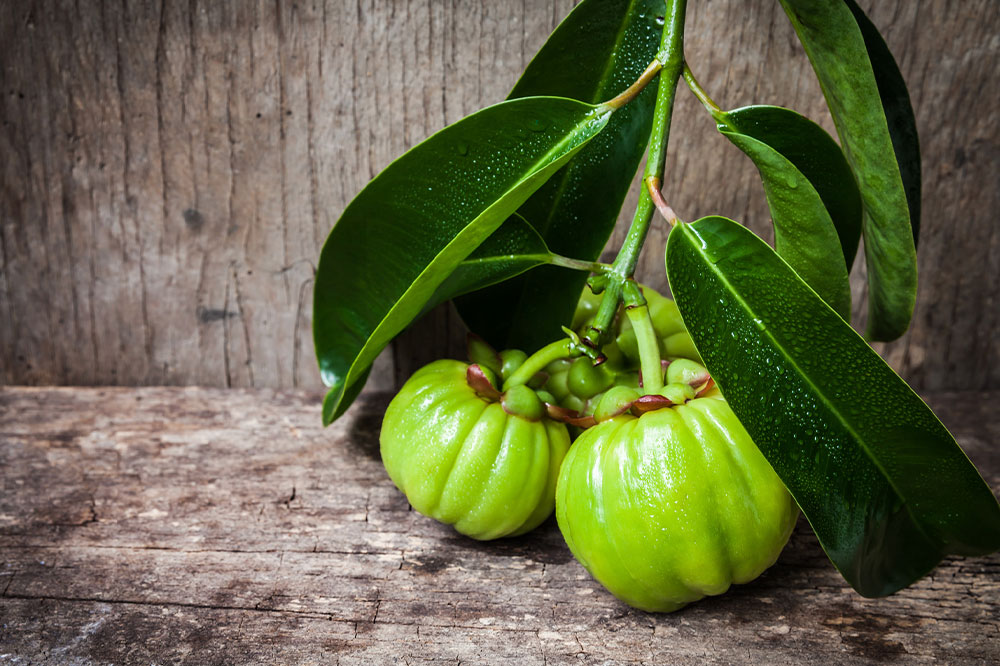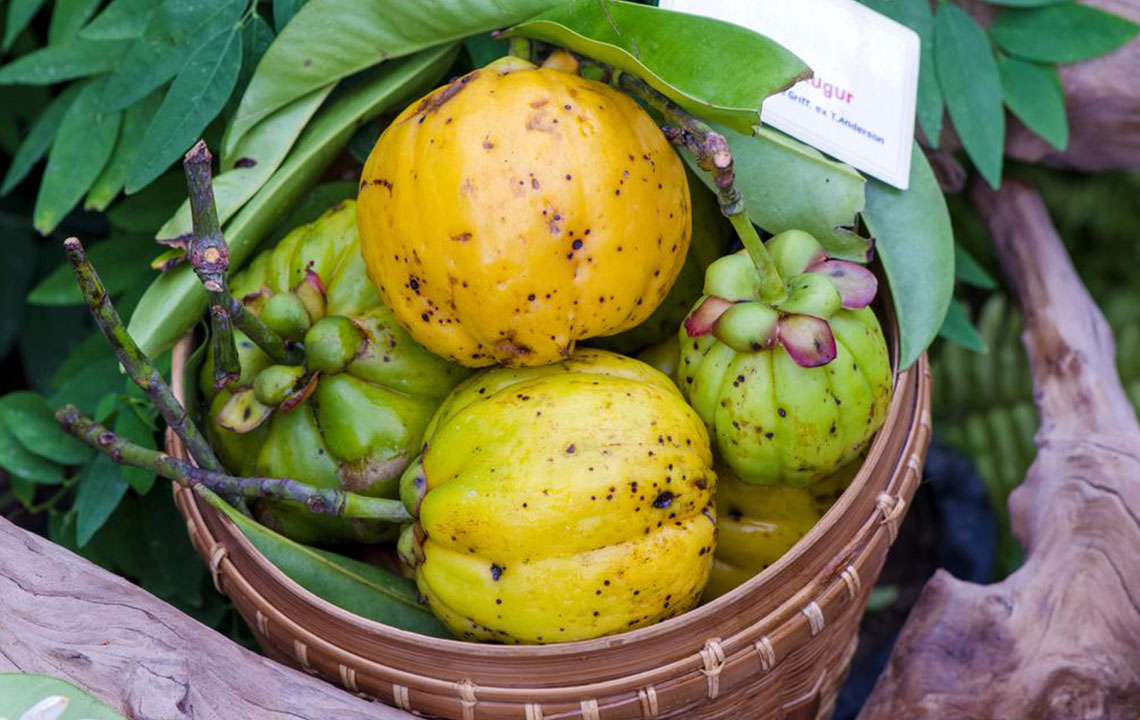Comprehensive Guide to Garcinia Cambogia: Benefits, Uses, and Controversies
This comprehensive guide explores Garcinia cambogia’s origins, benefits, and controversies. While popular as a weight loss supplement, scientific evidence remains mixed. Learn about its uses, potential side effects, and safety precautions before considering its role in your health routine. Discover how the fruit is cultivated, how supplements are made, and what consumers should know to make informed decisions. Whether you're interested in natural weight management or curious about the fruit’s culinary uses, this article provides in-depth insights into Garcinia cambogia’s true potential and limitations.

Comprehensive Guide to Garcinia Cambogia: Benefits, Uses, and Controversies
Garcinia cambogia, also known as Garcinia gummi-gutta, is a tropical fruit native to Southeast Asia. It belongs to the Clusiaceae family and has garnered international attention due to its proposed role in weight management. The fruit resembles a small pumpkin or squash, featuring a vibrant green color when unripe, maturing into a bright yellow shade as it ripens. Its unique appearance and purported health benefits have made it a popular ingredient in dietary supplements and traditional cuisines across various regions.
This fruit’s popularity surged in recent years as a natural remedy promoted for weight loss and appetite suppression. However, scientific research offers a more nuanced understanding of its actual benefits and potential risks. While some users report positive outcomes, robust clinical evidence remains limited, leading to ongoing debates within the health and nutrition communities.
Garcinia cambogia is predominantly cultivated in Southeast Asian countries such as Indonesia, Thailand, and Malaysia, as well as in Indian regions like Karnataka and Kerala. It also grows in parts of West and Central Africa. The plant thrives best in humid, tropical forest environments, where the climate provides ideal conditions for its growth and fruiting cycles.
In its dried form, Garcinia cambogia has been widely marketed as a weight loss supplement, especially within the United States. The product is often processed into capsules, powders, or extracts, making it convenient for daily consumption. The popularity of Garcinia cambogia supplements has led to a significant influx of products available online, particularly on retail platforms like Amazon, where prices vary notably from approximately $16 to $199. Many products are offered at discounted rates, enticing consumers seeking natural weight management solutions.
Despite its widespread use, scientific validation of Garcinia cambogia’s effectiveness remains contentious. The key active compound, hydroxycitric acid (HCA), is believed to aid in weight management by blocking an enzyme involved in fat synthesis and by suppressing appetite. These mechanisms, in theory, should contribute to weight loss or prevent weight gain. Many users claim to notice effects such as reduced hunger and modest weight loss within a week of starting supplementation.
However, health experts and researchers approach these claims with caution. While some small studies suggest potential benefits, larger, well-controlled clinical trials have yielded mixed or inconclusive results. Critics argue that the rapid weight loss claims may be exaggerated and that the safety profile of long-term Garcinia cambogia supplementation requires further investigation.
Potential side effects associated with Garcinia cambogia include gastrointestinal discomfort, nausea, headaches, and, in rare cases, liver toxicity. It is vital for consumers to exercise caution and consult healthcare professionals before incorporating such supplements into their routine, especially individuals with pre-existing health conditions or those taking medication.
When considering Garcinia cambogia for weight management, it is crucial to base decisions on credible scientific evidence and prioritize products from reputable manufacturers. Authenticity, ingredient transparency, and adherence to safety standards should guide purchasing choices. Consumers should also be aware of the importance of a balanced diet and regular physical activity as essential components of any weight loss plan.
In summary, Garcinia cambogia is a tropical fruit with a long history of culinary and medicinal use. While it has gained popularity as a slimming supplement, comprehensive scientific validation of its efficacy remains limited. Consumers should remain informed, exercise caution, and seek professional advice when exploring natural weight management options involving Garcinia cambogia.





